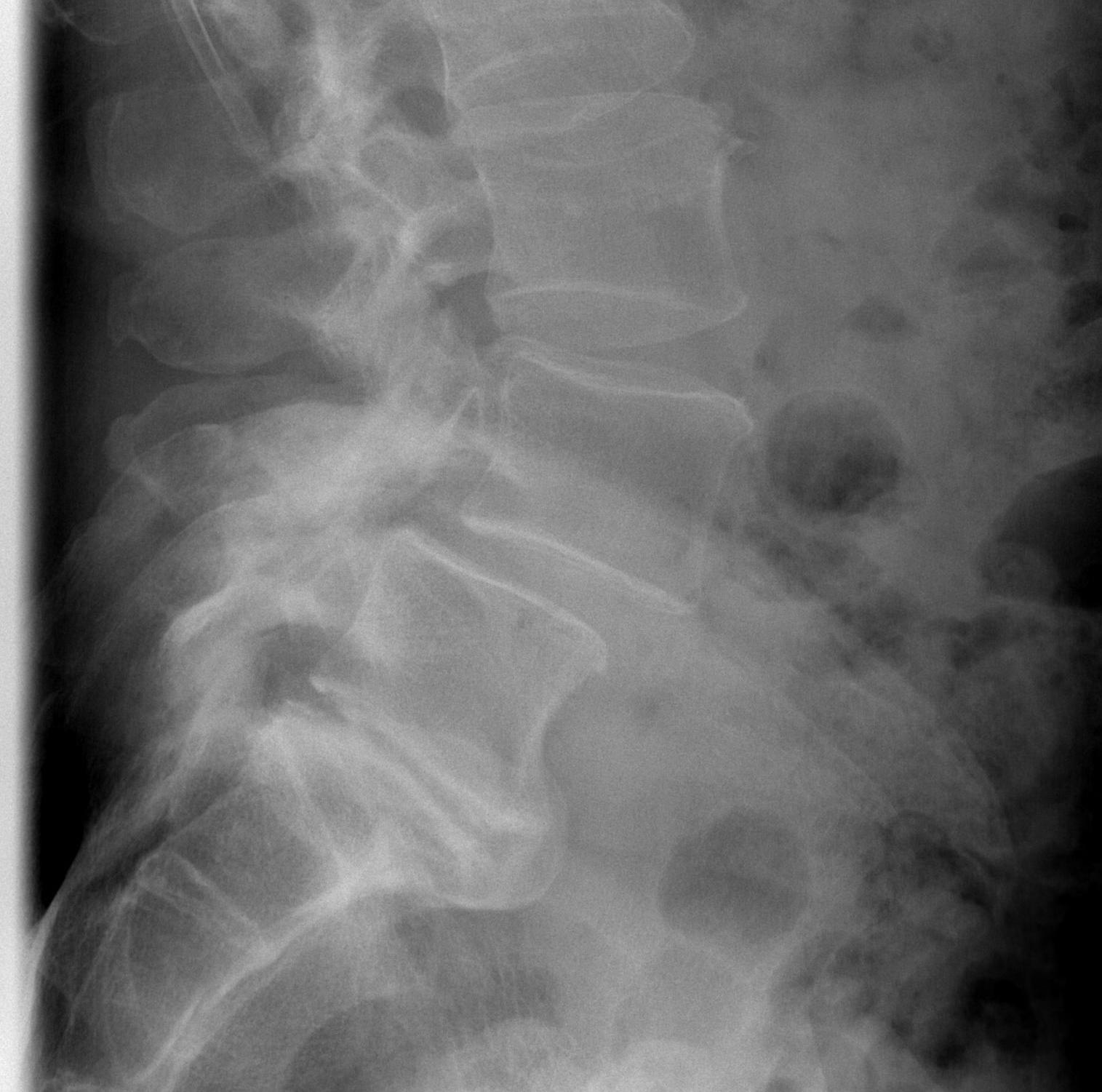operative indications
Management
Non-Operative
Education regarding shoe wear
- extra wide / large toe box
Insoles
- longitudinal arch support
- pre MT dome for metatarsalgia
- podiatry to attend to callosities
Toe spacers
Analgesia
Operative
Indications
1. Continued pain and discomfort
2. Difficulties with shoe wear
Management
Acute management
Resuscitation
EMST
Neurovascular assessment
Investigations - exclude Pipkin, NOF
Emergent reduction / skeletal stabilisation
Assess stability
Re-evaluate sciatic nerve
Insertion Femoral Steinman Pin
Indications
- displaced acetabular fracture
Olecranon Fracture
Definition
Intra-articular proximal ulna fracture
Anatomy
Articulates with trochlea
- may have a central bare area
Triceps insertion
- via broad aponeurosis which blends with anconeus and CEO
Management
Non operative Management
Undisplaced fracture
- need to ensure triceps mechanism is intact
Syringomyelia
Definition
Progressive and chronic disorder associated with cord cavitation & gliosis
Effects
Muscle wasting
Dissociate anaesthesia
Scoliosis
Neuropathic arthropathy
Epidemiology
M > F
No familial tendency
Aetiology
1. Idiopathic
Tarsal Coalition
Definition
Congenital fibrous, cartilaginous or bony connection of 2 or more tarsal bones
- due to failure of segmentation
Peroneal Spastic Flat Foot
- tarsal coalition
- tarsal pain
- reduced STJ motion
- rigid pes planus
- peroneal muscle spasm / tightness
Epidemiology
Present in 6% of population
- symptomatic in 1% of population
Bilateral in 50%
Spondylolisthesis Degenerative
Definition
Spondylolithesis caused by
- facet joint degeneration
- no pars or dysplastic pathology
- disc space usually preserved
Most common at L4/5 level
Epidemiology
More common in elderly females
- F: M = 5:1
Diabetics
Thoracic Disc Disease
Epidemiology
0.05% incidence
- rare due to stabilising effect of rib cage
- even more rare to have symptoms
Reasoning
1. Discs are narrower
2. Foramina larger
3. Thoracic spine
- facet joints orientated for rotation
- lumbar spine for flexion extension
- flexion is typically the motion which ruptures annulus
Anatomy
Lumbar Herniated Discs
Epidemiology
Sciatica > 2/52 1.6%
M:F = 1:1
Most common L4/5
L5/S1 inherently stable
Risk factors
Sedentary lifestyle
Smokers
Frequent driving
Heavy lifting
Anatomy
Annulus Fibrosis
- circumferential, multilayered rim
Cervical Radiculopathy
Definition
Clinical diagnosis
- based on a sclerotomal distribution of motor &/or sensory symptoms or signs
Caused by impingement of exiting nerve roots
- HNP
- zygo-apophyseal / facet joint hypertrophy
- neuro-central joint hypertrophy
May be acute or chronic
Epidemiology
M>F
Peak age 50-54
C7 > C6

